Jacksonville, FL — “Talking the Tropics With Mike” - updated everyday throughout the hurricane season.
June goes down as the 3rd month in a row w/ below avg. temps. That hasn’t happened since May/June/July, 2014!
And June was wet after a dry first two weeks or so. Mother Nature turned on the “faucets” or the 2 weeks of the month ending up more 2.5″ above avg. at JIA:
As we turn the calendars to July, avg’s. for JIA:
The NHC has issued its forecast verification report, detailing the accuracy and reliable of our tropical cyclone forecasts in 2020 - go * here *. A number that stood out to me during an historic season - 597 official tropical cyclone reports! In addition:
* Track forecast skill and error have generally changed little during the past few years, but there has been a notable increase in track skill and decrease in error over the long term.
* There was no clear winner among the individual models with GFSI, AEMI, CTCI, HMNI, and EMXI all being competeive with one another. HWFI, CMCI, EGRI, and NVGI performed less well.
It is that time of year. A busy boating weekend during what is - locally - a long boating season. We get lots of lightning this time of year - remember that lightning can travel nearly 10 miles from its parent cloud. Go inside & stay inside until at least 30 minutes since the last thunder clap. Click * here * for more info. on lightning safety. Be careful & have fun!
The Water Sports Foundation recommends the following tips to maximize boating fun and safety this Fourth of July weekend, and beyond:
1. Important Basics: Plan Ahead & Be Prepared
- Boaters should conduct a thorough inspection of their vessel and trailer to ensure everything is in working order. Check with the local Coast Guard auxiliary or Power Squadron for free vessel safety checks.
- Conduct a pre-departure check to make sure all required safety equipment is secured on board and operational.
- Top on the list: ensure life jackets are available and properly fit for weight and size for every passenger, especially youngsters. Life jackets save lives!
- Check weather conditions and plan accordingly. Be prepared to find shelter or return home if inclement weather is approaching.
- Never overload your boat. Check the capacity plate and follow all weight mandates.
- If you are operating a boat 26′ or smaller, make sure to comply with the new federal law requiring boat operators to wear and engage ECOS: Emergency Cut-Off Switch. Worn by the captain, this safety lanyard will shut off the engine immediately in the case of an overboard fall.
- Make sure VHF radios, phones and EPIRB transponders work. Consider carrying a portable cell phone battery charger as back-up.
- Pack sunscreen, first-aid kit and a basic toolkit.
2. File a Float Plan
- Create a simple document that includes the names and contact information of all those aboard the boat, along with planned destinations, expected departure and return times.
- Leave the plan with marina personnel and/or responsible emergency contacts.
3. Pre-Departure Communications
- An important and often overlooked boater safety strategy: the captain should always gather the crew prior to departure to fully review safe boating protocols and practices.
- This may include instructions for passengers to remain seated when the boat is underway; to keep arms and legs within the vessel; to wear life jackets; and to review pre-appointed assignments such designated observers during watersports activities, etc.
4. Designate a Sober Skipper
- Don’t drink and drive. Boating under the influence is the primary cause of boating-related deaths in the United States.
- The serious effects of sun, wind and water when coupled with the consumption of alcohol is a dangerous cocktail and recipe for potential disaster.
- Besides safeguarding family and friends from the effects and consequences of alcohol use, keep in mind marine law enforcement will be heavily patrolling waterways and issuing citations for those who are impaired and operating vessels under the influence.
5. Raft-Up Tips for Large Boat Gatherings
- If you’re an inexperienced boater, avoid navigating in large boating hotspots until you’ve gained more experience operating in crowded conditions. Even seasoned skippers should exercise extra precaution when joining a big boating bash.
- If you plan to raft-up with other boating friends, meet in advance to discuss strategies prior to departure so everyone knows the game plan.
- Choose your spot carefully. Remember, if you’re positioned in the center of the action, don’t expect to make a fast or easy getaway.
- As you approach the destination, slow down to idle speed.
- Designated observers should be engaged to look out for anchored and moving boats in your path along with swimmers, paddlers and tubers in the area. Approach carefully.
- Once you’ve selected your location, the largest boat in the fleet should anchor first with appropriate line lengths, along with fenders extended on both sides.
- As the raft-up ensues, consider use of a boat hook to help secure boats together. Once hooked, the captain is free to cut the engine, throw dock lines and connect.
- Where possible, tie off at least two dock lines to each boat’s cleats, preferably at the bow or midship, and one at the stern.
- The same slow and deliberate approach should be taken at departure.
6. Night Moves & Fireworks
- Novice boaters should minimize their exposure and risk after sunset, especially when considering the large crowds expected for holiday and fireworks festivities. Experienced boaters should also exercise extra precautions when operating at night.
- Prior to departure, be sure you know approved anchoring locations issued by area marine authorities; comply accordingly. Chart your route in advance and map positions for navigation markers which may be difficult to see at night. Where possible, deploy GPS electronics to aid in navigation.
- Check in advance to ensure your boat’s running and anchor lights are working. For extra safety, carry a spotlight and flares.
- Be sure your fire extinguisher is aboard and easily accessible.
- Give yourself adequate time to reach and/or return to your targeted destination. Due to enhanced visibility concerns and distractions, travel at slower speeds.
- Be patient and expect delays at busy marinas, boat ramps and docks.
- Keep your boat safely distanced from the fireworks barge, as well as from other boaters.
- NEVER ignite fireworks of any type including sparklers from your boat.
- Report illegal fireworks activities.
7. Paddle Safety
- Always wear a life jacket. Three-quarters of people who died while paddling in 2019 were not wearing a life jacket. Don’t be a statistic—buckle up.
- Dress for the weather and the water temperature.
- Know and follow the local boating rules. Like it or not, you’re the little guy. Be careful around other boats and avoid the crowds when you can.
- See and be seen. Wear bright clothing and keep a whistle in reach (pro tip: clip it to your life jacket). This is especially important in busy waters.
- Choose your location carefully. Make sure your skill, experience and craft are a match for the waterway you choose.
- Practice re-entering your kayak, canoe or paddleboard from the water.
- Don’t drink alcohol and paddle.
- Share your float plan (see Number 2 above)
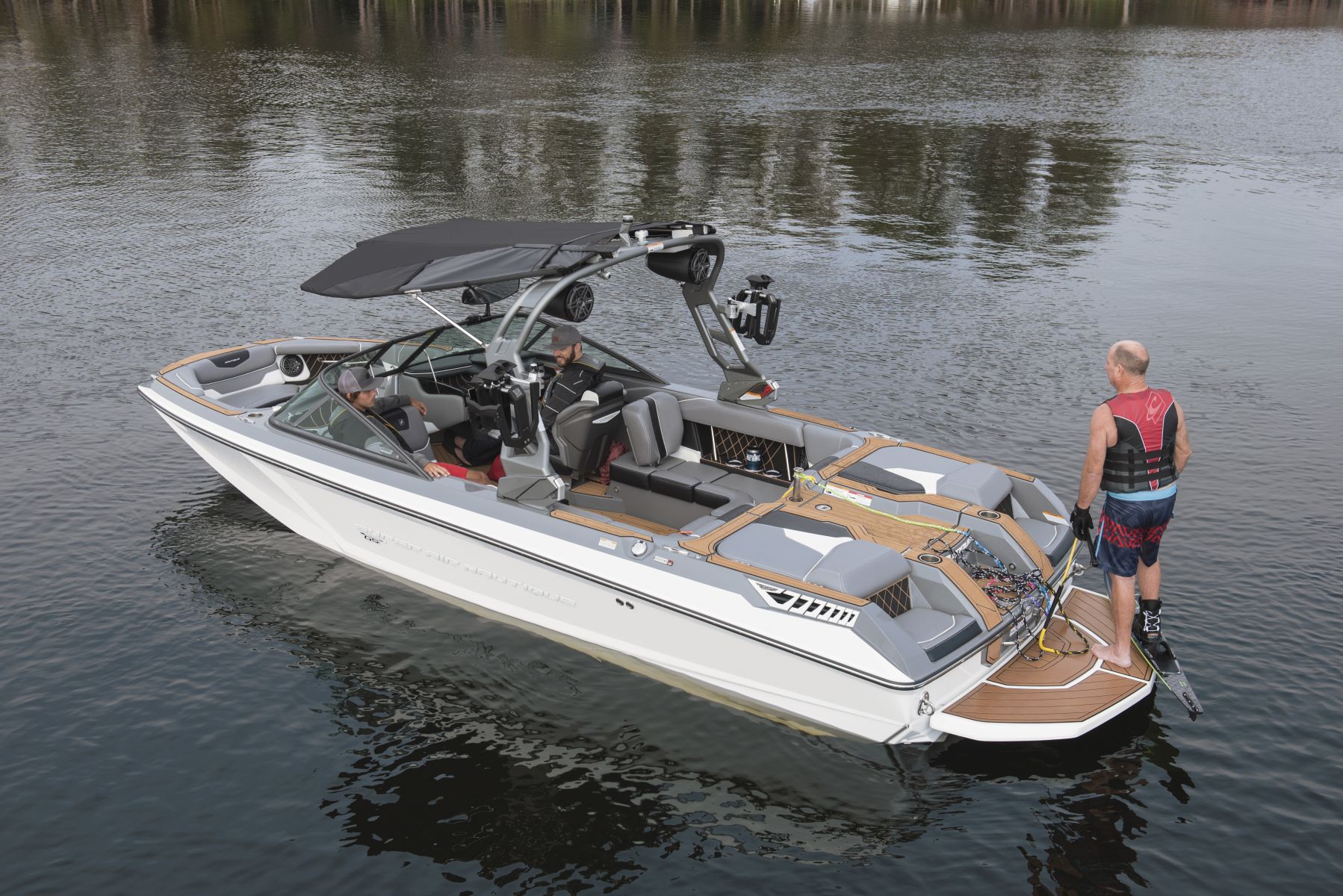
©2021 Cox Media Group
:quality(70)/cloudfront-us-east-1.images.arcpublishing.com/cmg/4BY52YP3URHB3CBG6342FEUNGQ.jpg)
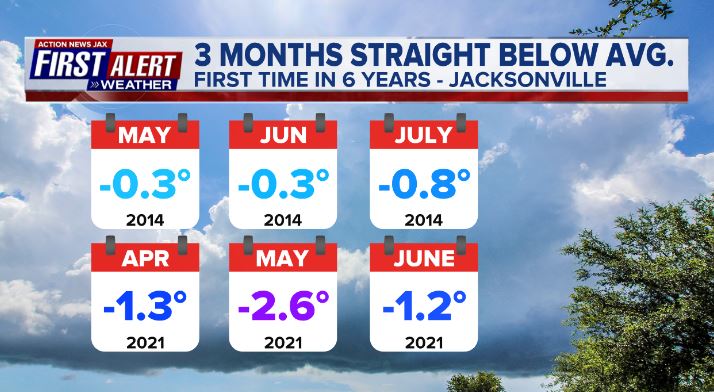
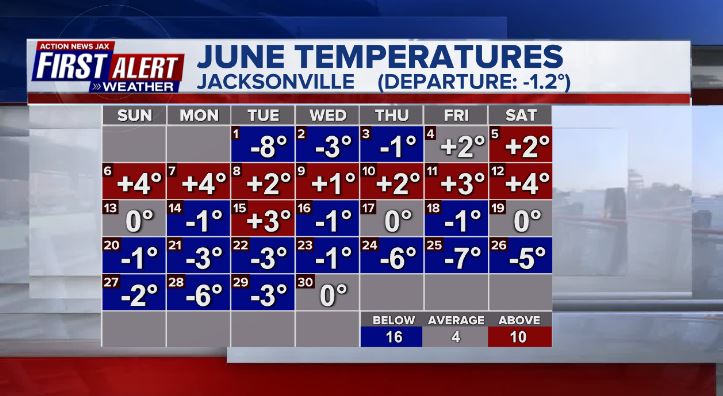
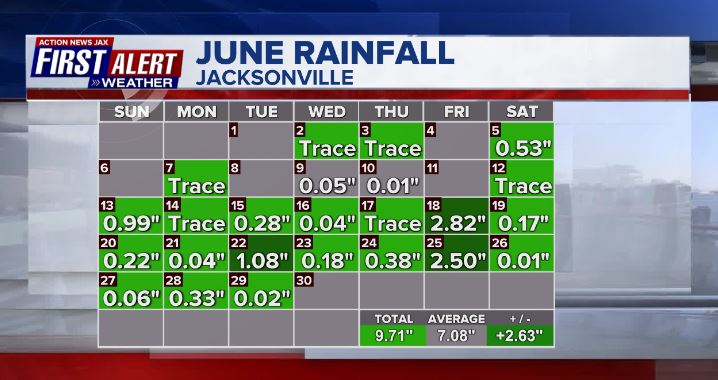
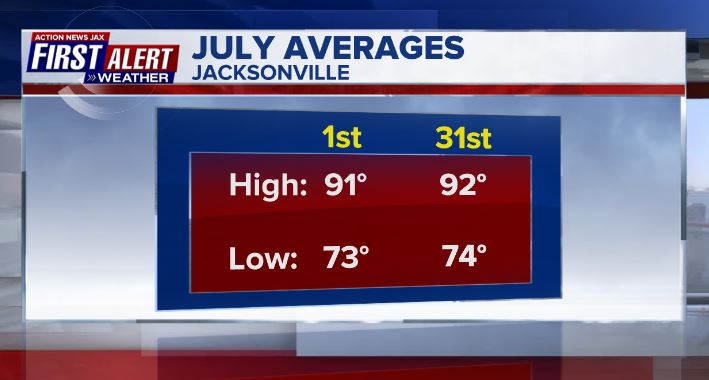
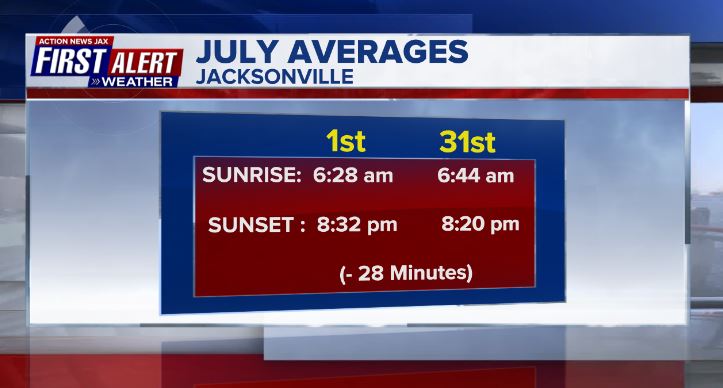
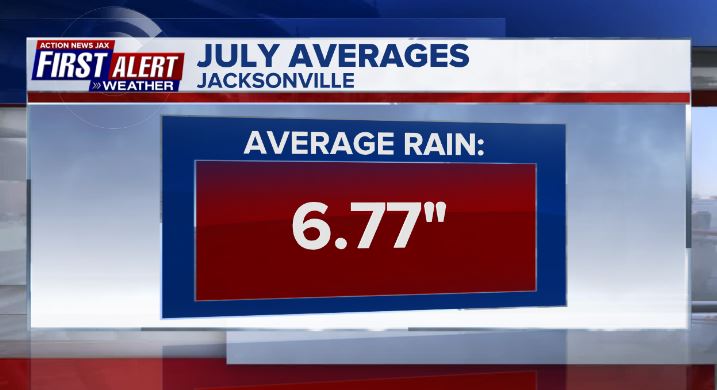
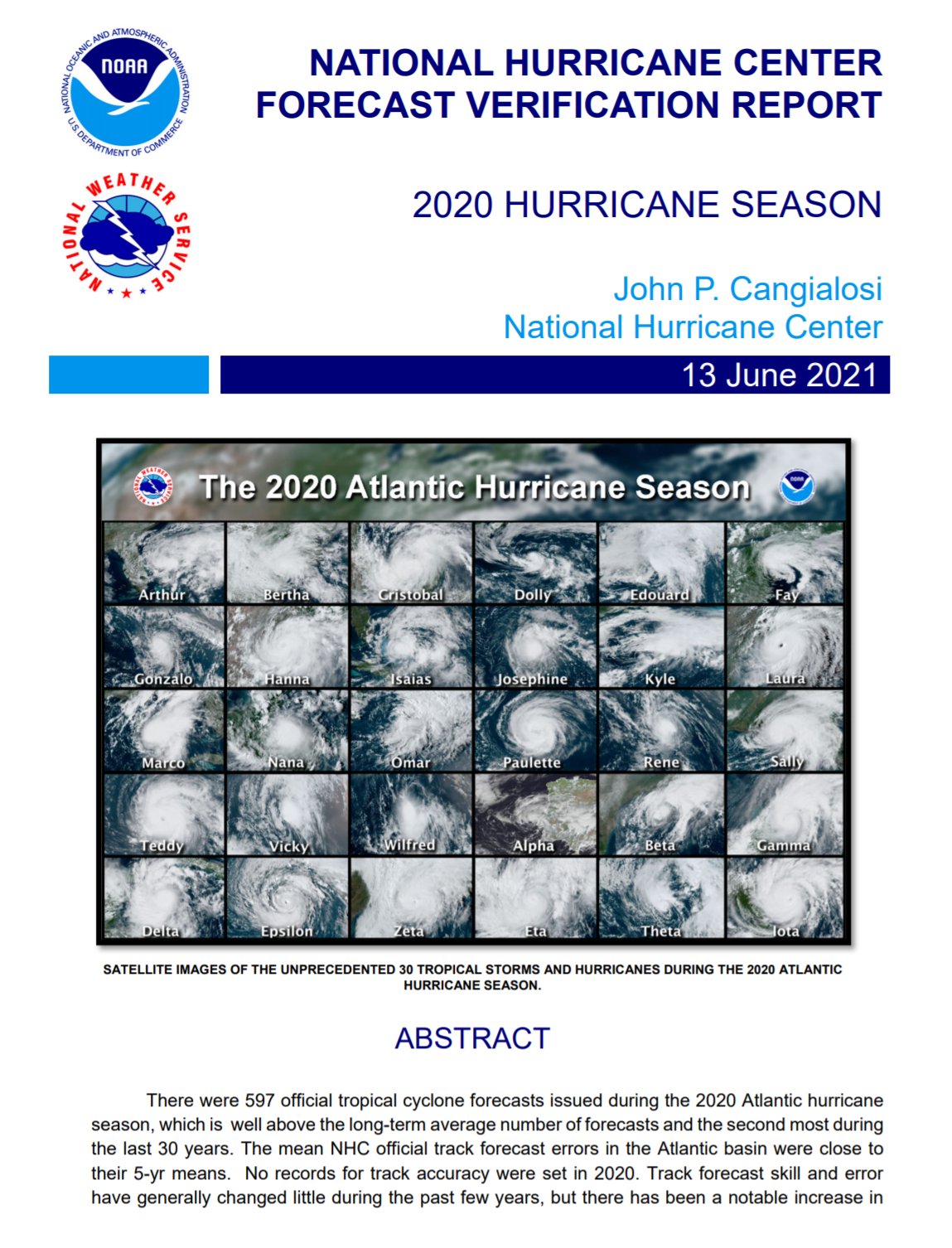
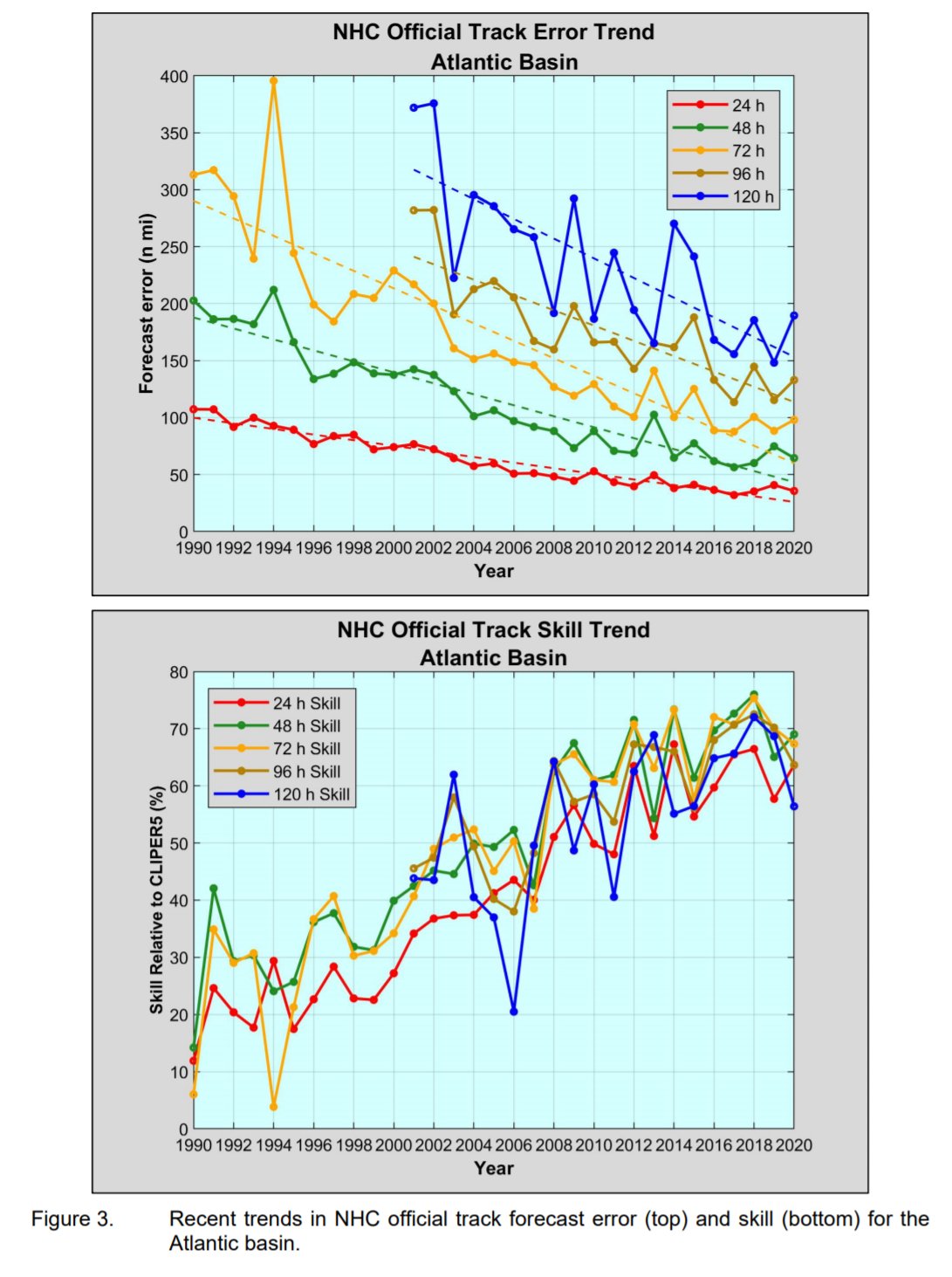

:quality(70)/d1hfln2sfez66z.cloudfront.net/04-25-2024/t_24132b8d08134f65ab5ac0a3ac2f17e7_name_file_960x540_1200_v3_1_.jpg)
:quality(70)/d1hfln2sfez66z.cloudfront.net/04-24-2024/t_d73855398dca4bf5a6e1eca4fedb0fdd_name_file_960x540_1200_v3_1_.jpg)
:quality(70)/cloudfront-us-east-1.images.arcpublishing.com/cmg/2ONNMC3BENET7KURYKMMLU3UP4.jpg)
:quality(70)/cloudfront-us-east-1.images.arcpublishing.com/cmg/5BGF6ZRBF5BH3JEEOYZ2JOLJAA.png)
:quality(70)/d1hfln2sfez66z.cloudfront.net/04-23-2024/t_8846f6a1613746e2863363cea1df0c34_name_file_960x540_1200_v3_1_.jpg)